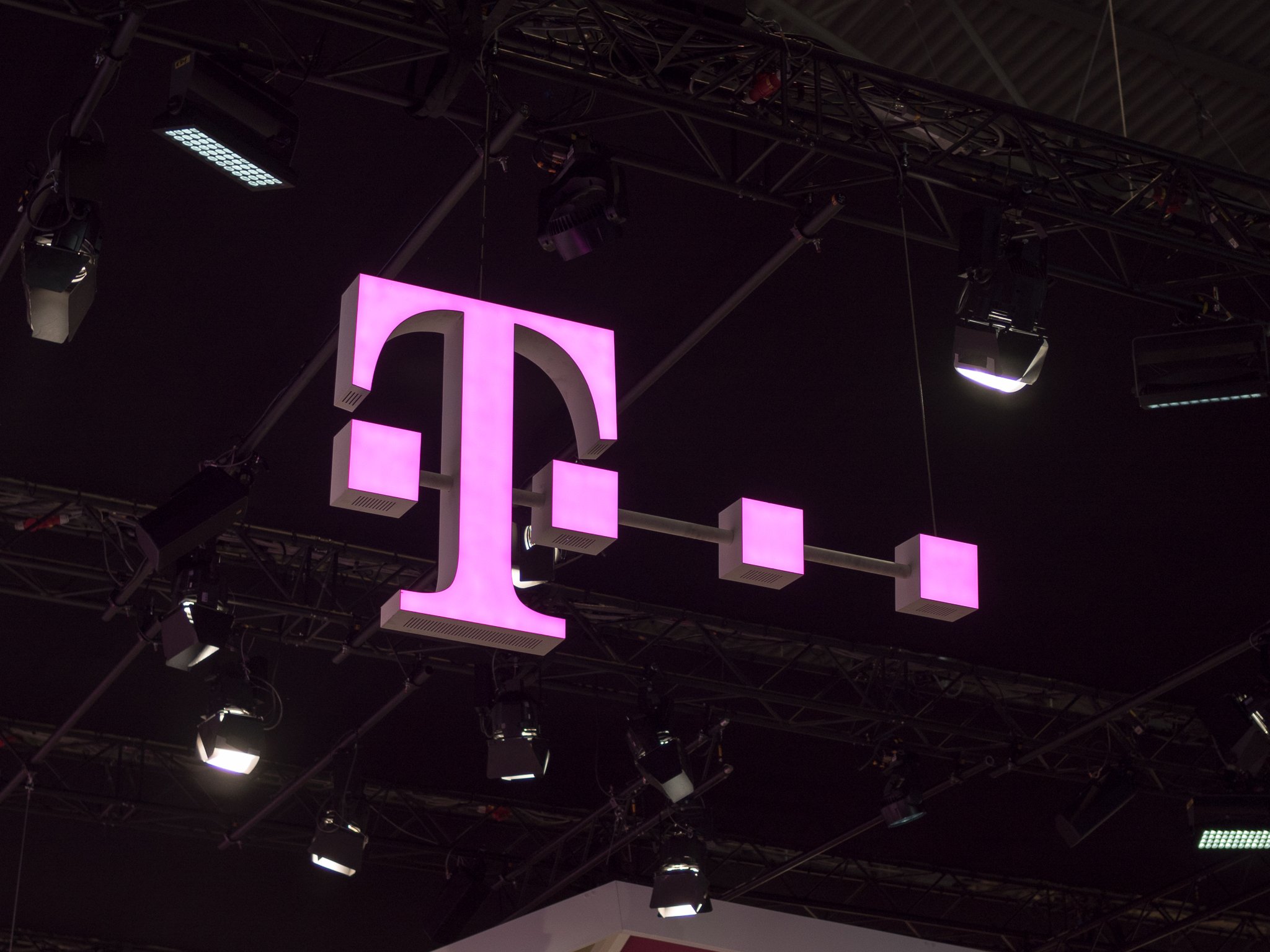Except the two companies couldn't agree on a price.
What you need to know
- T-Mobile CEO John Legere took the stand on December 12, 2019, to make his case for the approval of the T-Mobile-Sprint merger.
- In his testimony, Legere detailed how he was able to resurrect T-Mobile along with how the merger would lead to lower prices and better coverage for consumers.
- He also revealed that T-Mobile and Dish were in talks to merge back in 2015, but the two companies could not agree on a price.
On December 12, 2019, the first witness to be called by T-Mobile was its CEO John Legere. Once on the stand, he began to make his case as to why the T-Mobile/Sprint merger should go through. It included details on how he was able to resurrect the wireless carrier after a failed merger with AT&T back in 2011.
Most of it involved T-Mobile's "un-carrier" approach to wireless, which saw the revival of unlimited plans as well as the end of overage charges and two-year contracts. Of course, the $3 billion in cash and spectrum that AT&T handed over as a "breakup fee" helped as well. It allowed T-Mobile time to build out its own LTE network, and the opportunity to purchase Metro PCS along with the ability to buy more spectrum from Verizon.
Besides explaining how he brought T-Mobile back from the brink, Legere also made his case as to why it was essential for the Sprint merger to go through. According to Legere, the additional spectrum acquired from Sprint in the merger would, "triple the total 5G capacity of standalone T-Mobile and Sprint combined" — something he claims would lead to faster speeds and cheaper prices for consumers overall.
However, the 14 state attorneys general who are currently suing to block the deal believe otherwise. They fear the loss of a fourth carrier option will result in higher prices and worse service for consumers.
That's why, as part of the deal, Dish is slated to create a fourth carrier option in the U.S. The agreement states Dish would take ownership of divested assets from Sprint after the merger, including the Boost Mobile brand, wireless spectrum, and retail stores. It would also give Dish use of T-Mobile's network for a seven-year period while it builds out its own 5G network.
However, one of the biggest bombshells came after Legere was questioned as to why he needed to merge with Sprint specifically, instead of partnering with Dish. According to Legere, he recommended a merger with Dish back in 2015. However, the two companies couldn't agree on a price, with Dish co-founder Charlie Ergen believing the struggling T-Mobile would "disintegrate" and its stock would fall below $20 a share instead of the $25 it currently trades at.
Despite the failed attempt at a merger back in 2015, T-Mobile and Dish are both on the same page these days. Both companies are pushing to get the $26.5 billion T-Mobile/Sprint merger approved, as T-Mobile looks to expand and Dish has its eyes on finally getting into the carrier business.
T-Mobile / Sprint merger FAQ: Here's how it changes the wireless market and how it affects you
from Android Central - Android Forums, News, Reviews, Help and Android Wallpapers https://ift.tt/2qQihaD
via IFTTT



Aucun commentaire:
Enregistrer un commentaire